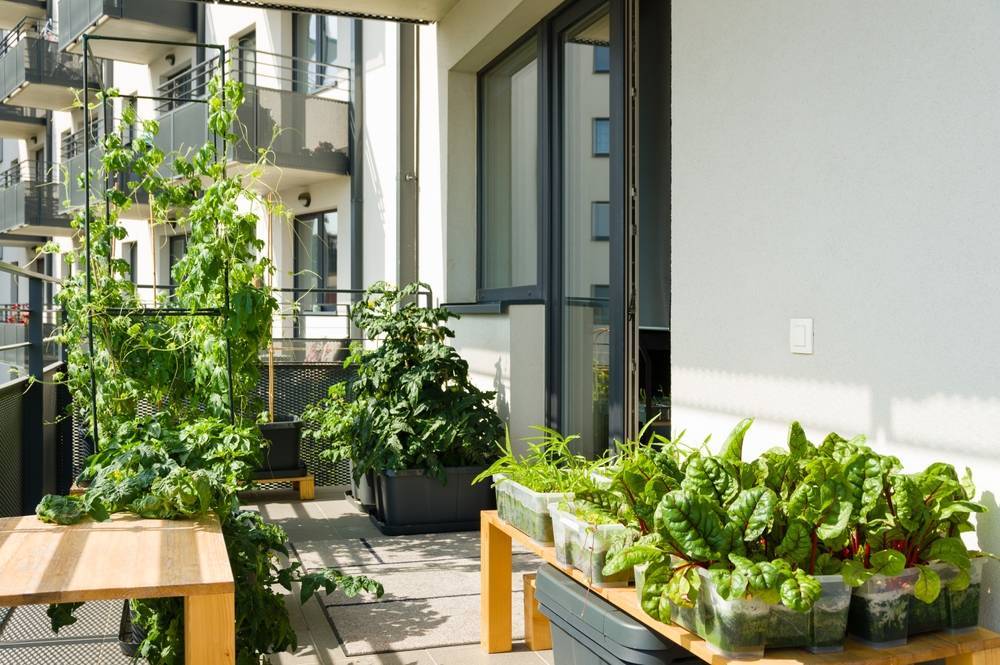Urban gardening improves the immune system: A placebo-controlled study reveals indoor gardening enhances skin microbiota diversity and immune function.
Indoor Gardening Increases Microbial Diversity and Anti-Inflammatory Responses
Urban indoor gardening has been shown to enhance immune regulation and diversify skin microbiota, according to a recent study published in Environmental International. The study involved a one-month indoor gardening intervention, demonstrating significant health benefits for participants using microbially rich growing mediums compared to a control group using peat-based mediums.
“One month of urban indoor gardening boosted the diversity of bacteria on the skin and was associated with higher levels of anti-inflammatory cytokines in the blood,” said Doctoral Researcher Mika Saarenpää from the University of Helsinki.
Study Design and Methodology
Researchers conducted a randomised, double-blind trial where healthy urban adults grew edible plants indoors using either microbially diverse or microbially poor growing mediums.
The intervention group used a rich compost-based medium, while the control group used a peat-based medium. Participants monitored, harvested, and consumed the produce daily.
Key findings from the study include:
- Increased Microbial Diversity: The intervention group experienced a significant increase in the diversity of five bacterial phyla (Bacteroidetes, Planctomycetes, Proteobacteria, Cyanobacteria, and Verrucomicrobia) and one class (Bacteroidia) on their skin.
- Enhanced Immune Regulation: The intervention group showed increased levels of the anti-inflammatory cytokine interleukin 10 (IL-10) in their blood, supporting enhanced immune modulation.
Health Implications of Urban Gardening
The study indicates that indoor urban gardening effectively and conveniently improves health by increasing microbial exposure. Researchers have linked increased microbial diversity to a lower risk of immune-mediated diseases such as allergies and asthma.
“Urbanisation has led to a considerable increase in immune-mediated diseases. We live too ‘cleanly’ in cities,” Saarenpää stated. “Our study shows that urban gardening can help mitigate this by enriching our exposure to beneficial microbes.”
Practical Applications and Future Research
The study highlights how integrating urban gardening into daily life can improve health outcomes. The gardening activity required minimal space and investment, making it accessible to a wide population. Participants reported high satisfaction and a willingness to continue gardening, suggesting long-term health benefits.
“Microbial exposure can be increased easily and safely at home throughout the year,” Saarenpää explained. “In our study, the gardening took place in regular flower boxes, while the plants cultivated, such as peas, beans, mustards, and salads, came from the shop shelf.”
Future research could explore the duration and sustainability of these health benefits and the potential impacts on other immune markers. The study also suggests that introducing microbially rich soil in urban environments, such as kindergartens and schools, could benefit children’s immune development.
“We don’t yet know how long the changes observed in the skin microbiota and anti-inflammatory cytokines persist,” Saarenpää noted. “But if gardening turns into a hobby, it can be assumed that the regulation of the immune system becomes increasingly continuous.”
Enhancing Immune Regulation Through Meaningful Activities
Urban gardening offers a meaningful and enjoyable approach to increasing beneficial microbial exposure. Moreover, the study participants expressed a desire to continue gardening, indicating the potential for long-term health improvements. Consequently, the findings highlight the importance of integrating nature into urban living spaces to enhance health and well-being.
However, gardeners must take certain precautions to ensure urban gardening brings health benefits without risks. “The skin of the hands, in particular, must be unbroken, and the inhalation of dusty growing media should be avoided,” Saarenpää advised.
The Connection Between Nature and Human Health
The research emphasises the dependence of human health on the diversity of nature and soil. “We are one species among others, and our health depends on the range of other species,” Saarenpää summarised. Ideally, urban areas would have such a diverse natural environment that beneficial microbial exposure would be a part of everyday life without needing specifically designed products.
This study provides a compelling case for the health benefits of urban gardening. By increasing microbial exposure through indoor gardening, individuals can improve their immune regulation and overall health. As urbanisation continues to rise, integrating natural elements into city life becomes increasingly vital for maintaining public health.
References
- Urban gardening may improve human health: Microbial exposure boosts immune system. (2024, May 24). ScienceDaily. https://www.sciencedaily.com/releases/2024/05/240523112557.htm
- Saarenpää, M., Roslund, M. I., Nurminen, N., Puhakka, R., Kummola, L., Laitinen, O. H., Hyöty, H., & Sinkkonen, A. (2024, May). Urban indoor gardening enhances immune regulation and diversifies skin microbiota — A placebo-controlled double-blinded intervention study. Environment International, 187, 108705. https://doi.org/10.1016/j.envint.2024.108705

